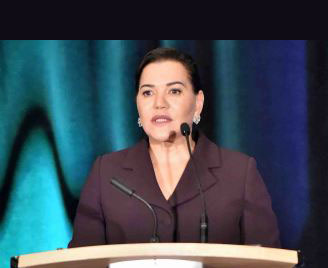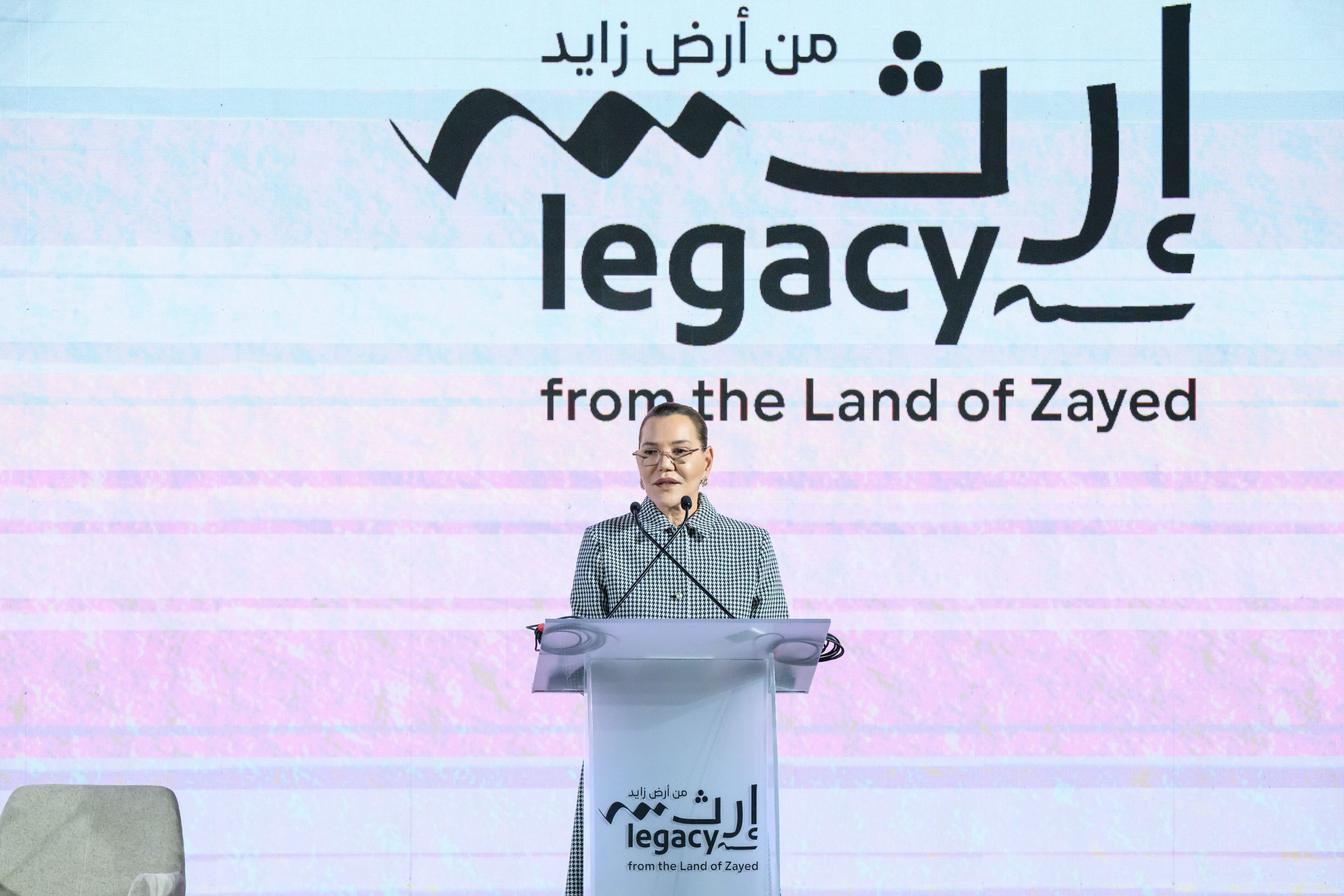
Rome – 14 October 2016 : Her Royal Highness Princess Lalla Hasnaa, Guest of Honor of the FAO in Rome
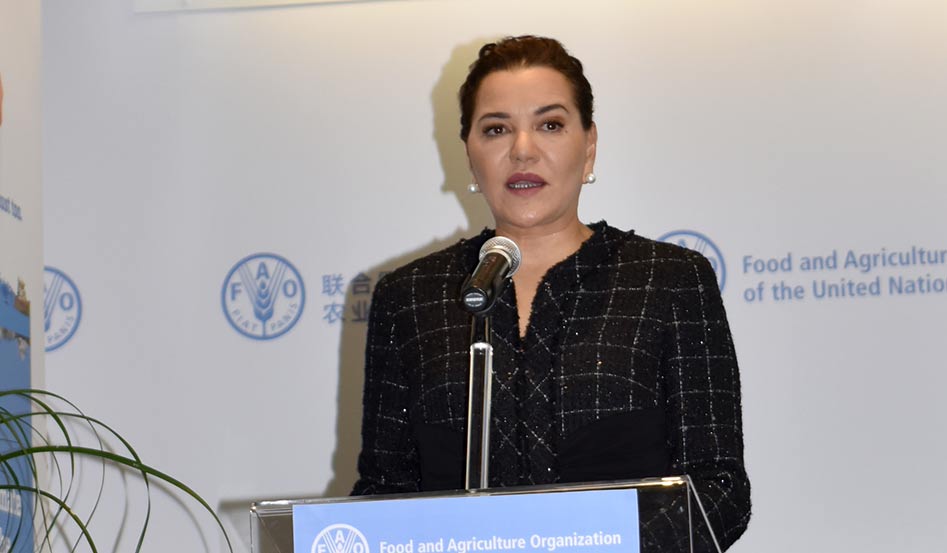
الحمـد لله
والصـلاة والسـلام علـى مـولانـا رسـول الله والـه وصحبـه
Mr. Director General,
Distinguished Ministers,
Your Excellencies,
Ladies and Gentlemen,
It is a pleasure for me to open World Food Day which, this year, is devoted to climate change and food security.
I should like to pay tribute to Mr. Graziano da Silva and, through him, to FAO staff members, for holding this annual event on combating hunger and malnutrition. Each year, this event turns a spotlight on one of the many facets of food safety, whether it is vulnerability, rural poverty, environment-friendly agricultural production systems that preserve biodiversity or the integration of women and young people.
Food security remains one of the major challenges humanity is faced with. While nearly 800 million people are food insecure today, global agricultural production must increase by over 70% by 2050 to meet the needs of a global population expected to stand at 9 billion people.
Given the deterioration of natural resources, land degradation, growing water stress issues and accelerated urban development, profound changes need to be introduced in the way we perceive the future of agriculture and food security.
In this regard, it is highly significant that more than 100 mayors who signed the Milan Urban Food Policy Pact are getting together for the celebration of this Food Day to address access to quality food in urban areas.
Your Excellencies,
Ladies and Gentlemen,
Since time immemorial, the goal of farming systems has been to ensure food security while protecting the environment and natural resources. Today, farming systems must contribute to the fight against climate change and at the same time adapt to it.
Agriculture is a sector which contributes significantly to mitigation. Better farming practices not only reduce greenhouse gas emissions, but they also preserve soil carbon sequestration and reduce deforestation. Agriculture also contributes to making other sectors less polluting, such as energy, transport or construction, by providing alternative products from agricultural or forest biomass.
However, agricultural adaptation is just as important. As pointed by FAO, it is a top priority in the INDCs of a vast majority of countries.
Your Excellencies,
Ladies and Gentlemen,
The year 2015 was a milestone in history thanks to the adoption of three major agreements, the Addis Ababa Action Agenda on financing for development, the UN 2030 Agenda for Sustainable Development and the Paris Climate Agreement .
These three agreements put equitable, sustainable and solidarity-based development back at the heart of global priorities and of the international issues at stake. As well as underscoring the urgent need for collective action, they advocate a comprehensive, integrated and inclusive approach that keeps in mind the finite nature of natural resources and the need for two-fold solidarity, both intra and inter-generational.
Being wholeheartedly committed to this dynamic, the Kingdom of Morocco has chosen to make COP22, which it will host in Marrakech in November, an action-oriented COP geared towards implementing the Paris Agreement.
The Moroccan Presidency will seek to nurture and promote the spirit of mobilization which prevailed in Paris in terms of increasing climate funding, developing expertise and ensuring the transfer of technology. It will lay special emphasis on adaptation, primarily for the countries of the South and for Small Island States.
Your Excellencies,
Ladies and Gentlemen,
As pointed out by His Majesty King Mohammed VI, one of the key challenges and objectives at COP22 would be, and I quote, “to make sure that the voice of a united, strong and determined Africa is heard and heeded”.
Food security is a pivotal element of development in Africa – a continent which has 60% of uncultivated arable land in the world. By acting on adaptation as well as on mitigation, African agriculture will be part of the solution to climate change and global food security issues.
In this respect, Morocco is launching an initiative for Africa, which is a continuation of recent mobilization action for African agriculture, including the Abidjan Declaration in favor for resilient agricultural development in Africa.
The Moroccan initiative for “Adaptation of African Agriculture” or “Triple A” is a call to action. It aims to make Adaptation of African Agriculture one of the priorities of the COP22 agenda. This initiative derives its strength from the link it creates between climate institutions and bodies involved in aid for development – two worlds that have hitherto been operating separately.
The “Triple A” Initiative is designed, firstly, to increase funding for adaptation of African agriculture and, secondly, to speed up the implementation of specific, operational priority projects for food security.
Your Excellencies,
Ladies and Gentlemen,
The destiny of our planet still lies in our hands. It should stay that way. It is not too late to take action in order to mitigate the impacts of climate change on our agriculture.
If we do nothing to combat climate change impacts on food security and water, the gains made in recent decades in the area of development will be threatened, and no progress will be possible.
It is therefore up to us – all of us – to quickly take all measures that will ensure harmonious, environment-friendly development that caters for the needs of humans as well as for those of the planet.
Thank you.

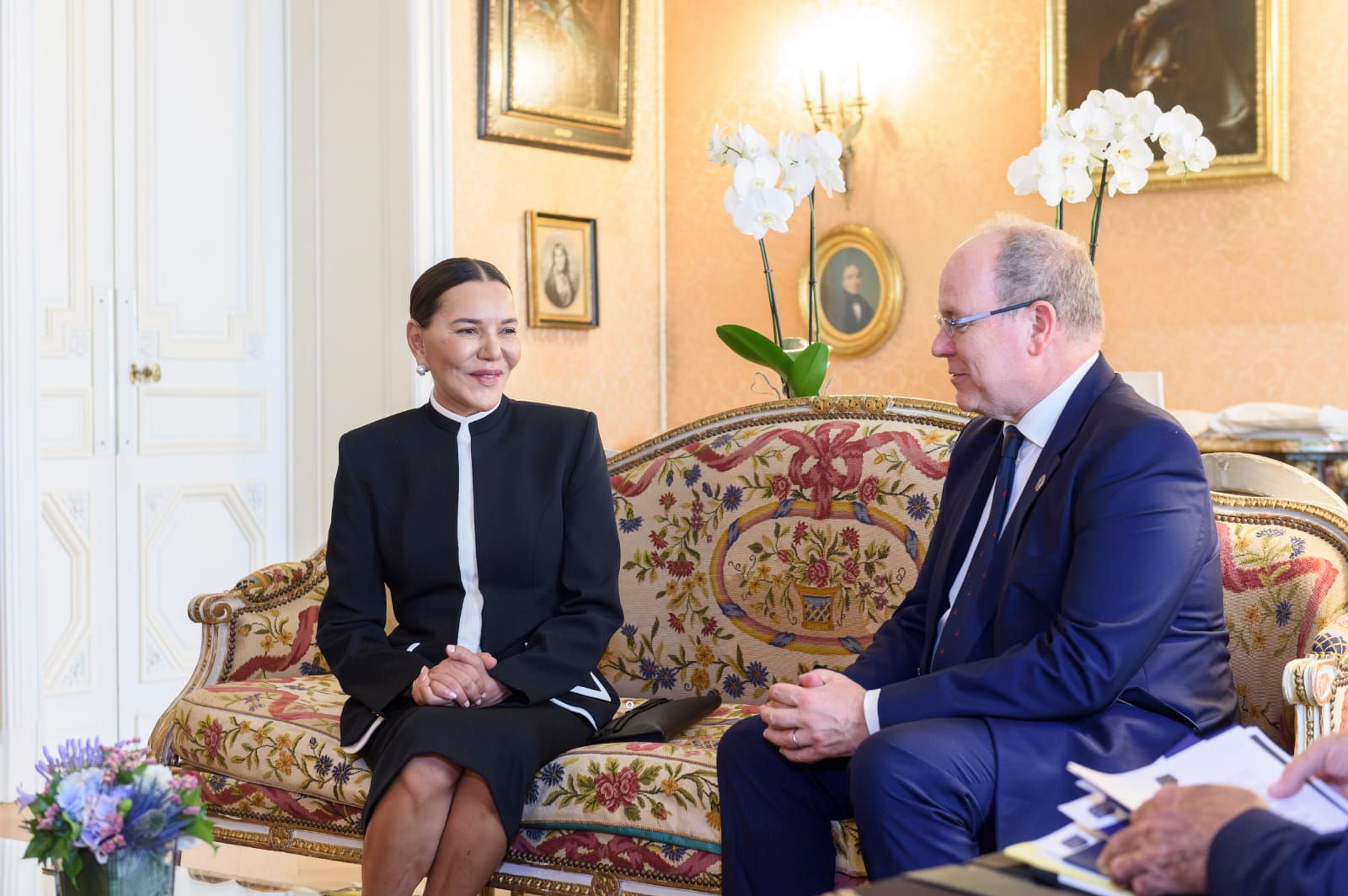
Monaco – June 14th, 2023
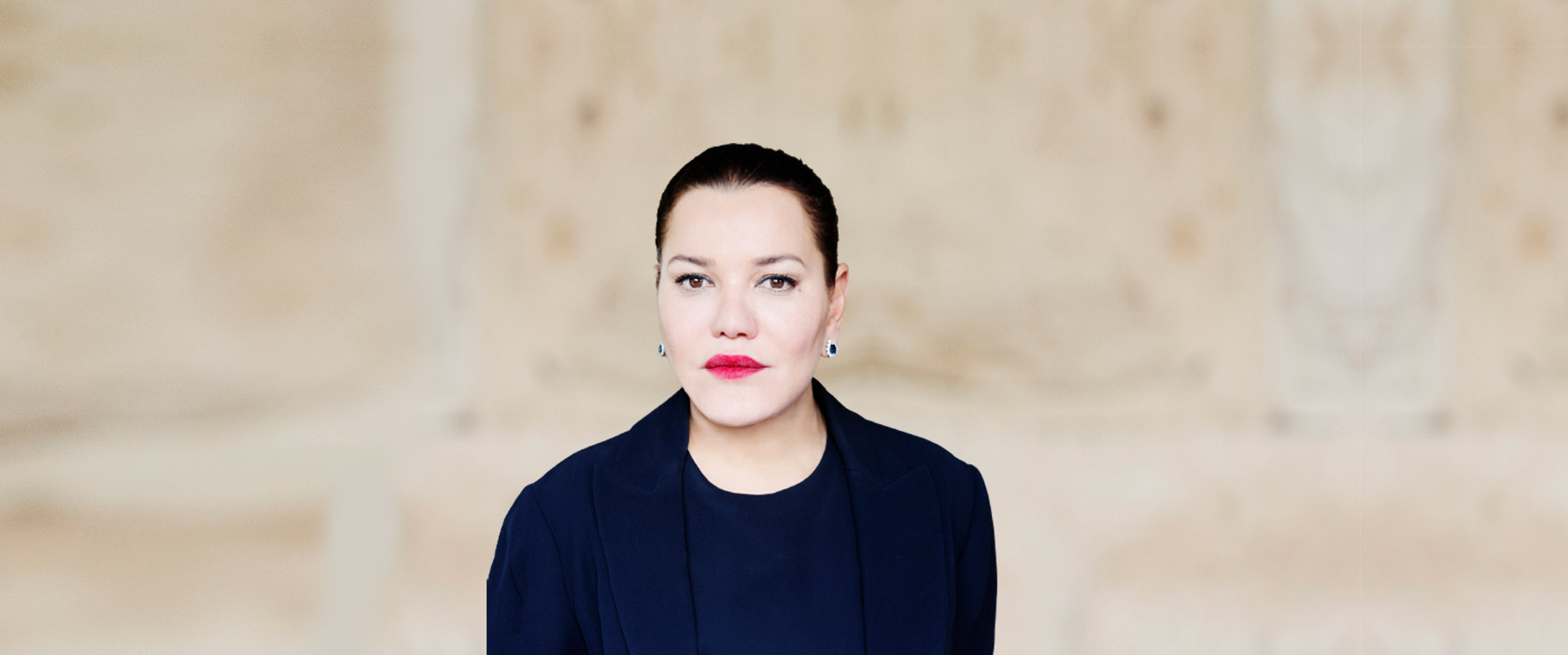
May 17, 2021
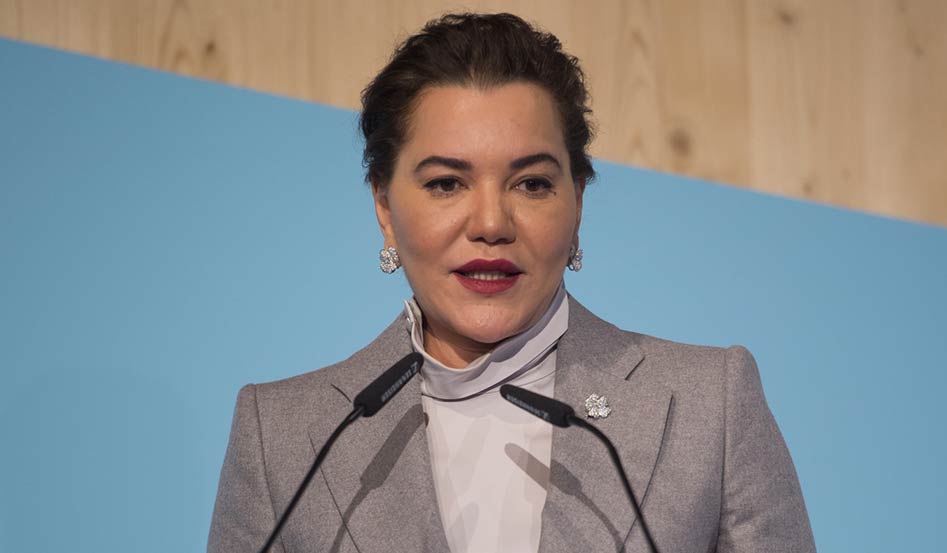
February 3, 2021
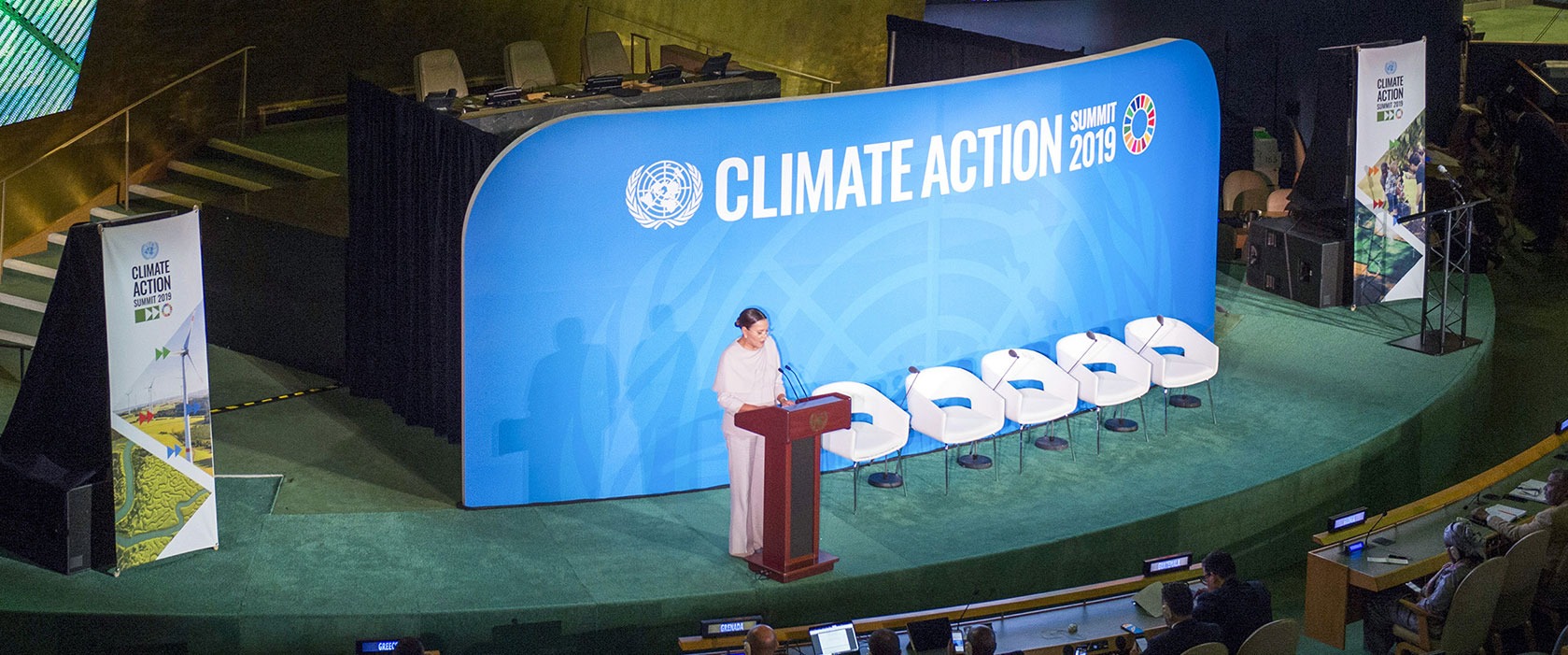
New York – September 23, 2019
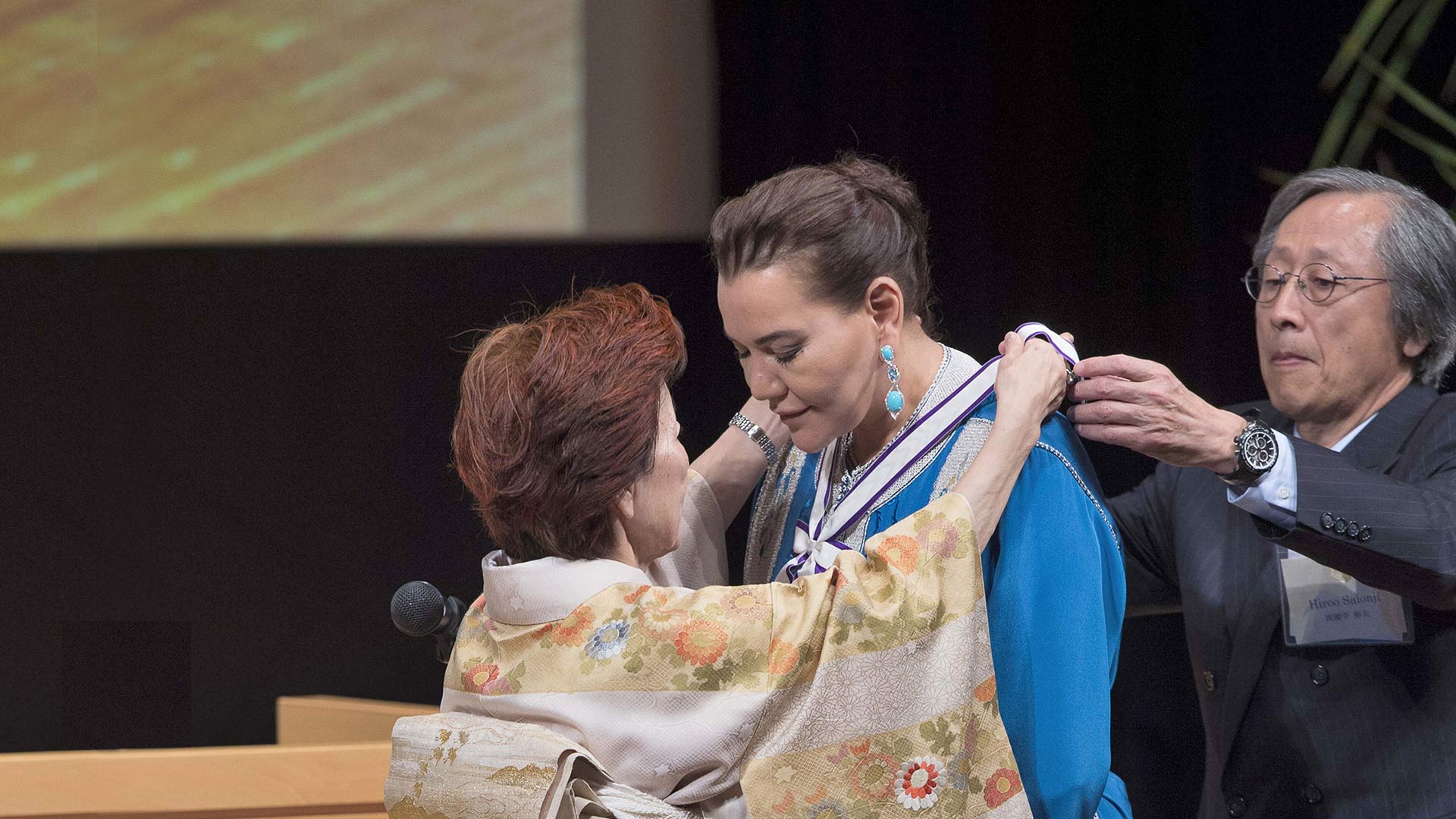
Tokyo – 23 novembre 2018
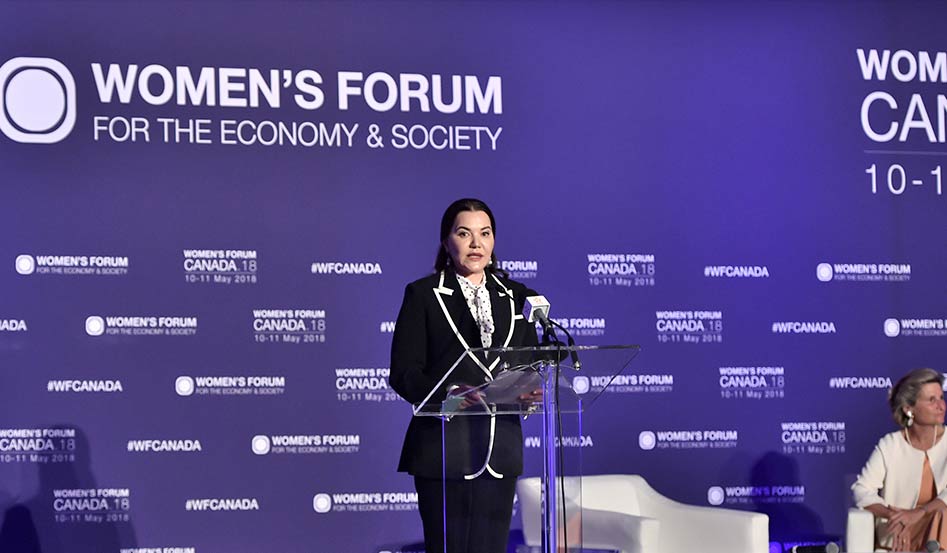
Toronto – May 10,2018
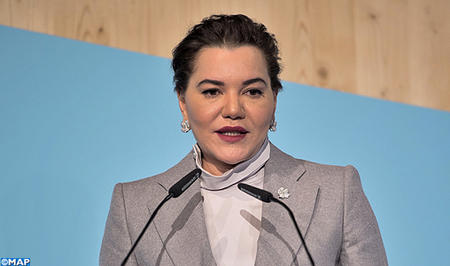
Bonn – 16 November 2017
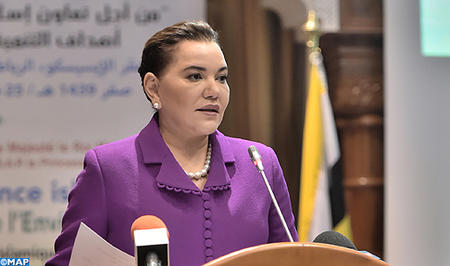
Rabat – October 25, 2017
